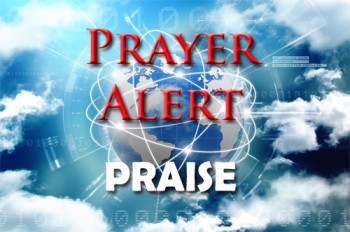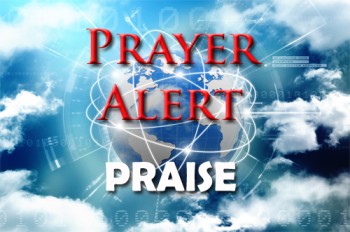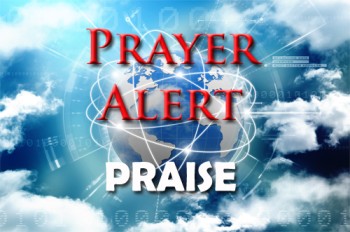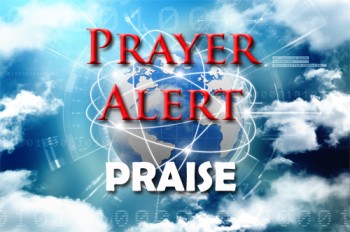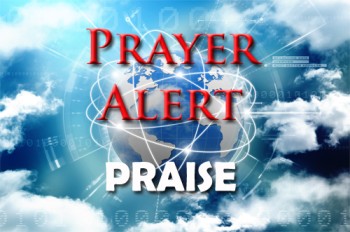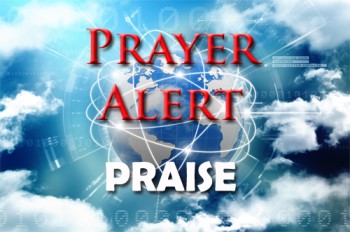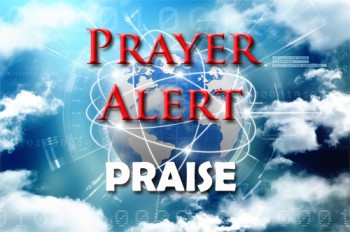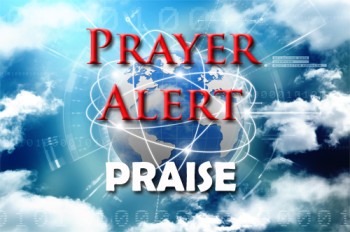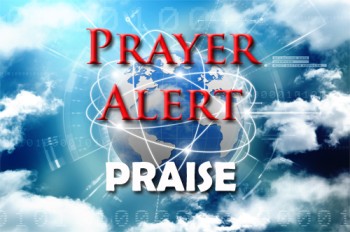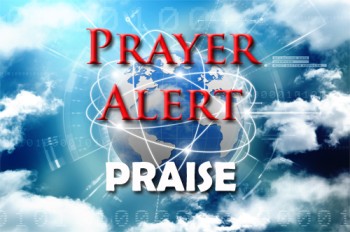Displaying items by tag: Bible Translation
Scotland: Bible translator honoured with MBE
Aberdeenshire solicitor Gordon M Hay has been awarded an MBE for his pioneering translation of the entire Bible into Doric, a variant of the Scots language. Spanning 17 years, his work includes the New Testament, published in 2012, and the Old Testament, completed in 2022. This milestone marks the first time the entire Bible has been translated into any Scots dialect. Hay’s translation journey began in 2006 when he was asked to translate passages for the Buchan Heritage Society's annual Doric service. Encouraged by the positive reception, he embarked on the monumental task of translating both Testaments, producing over 800,000 words. His contributions have garnered recognition from the Scottish Parliament and royal circles, with invitations to read at Crathie Kirk by the now King Charles III. A dedicated Church of Scotland elder for 30 years, Hay also translates literary classics, writes Doric nursery rhymes, and plays the organ. He remains an active cultural ambassador for the Doric language.
Mexico: people hear Gospel for first time
Two indigenous families in rural Mexico, previously unaware of God's existence, were profoundly impacted by audio recordings of the Gospel of Mark in their tribal language. This led them to embrace Christianity and attend church services. They said that listening to the audios helped them understand Jesus' purpose on Earth, inspiring them to accept God into their hearts. Some members had been suffering from an incurable disease but attributed their complete healing to their newfound faith. Despite a history of tribal beliefs, one family member thanked God for His Word in their language and the worker who shared the recordings. This success reinforces the importance of continuing translation efforts to bring the message of redemption and salvation to people in their native languages. Pray that everyone can access and be transformed by God's Word in the language of their hearts. Various projects, including translating the Book of Jonah, have contributed to this mission, promoting literacy and understanding in indigenous communities.
Canada: Mohawk Bible published by chief’s great-grandson
The first translation of the Bible into the Mohawk language has been published in Canada. Portions of the Bible in Mohawk were published in 1715 in a book of Morning and Evening Prayer, but this is the first time the entire Bible has been in print in the language indigenous to North America. Harvey Satewas Gabriel has studied his native language all his life and dedicated 40 years to his goal. In a recent interview, 84-year-old Harvey said, ‘You never get tired of working with the Word of God’. Translation of and engagement with the Scriptures is strategic and valuable for revitalising language and culture. The Canadian Bible Society hopes that having the whole Bible in print will make a positive contribution to the life of the Mohawk church.
God’s word translated and shared
Sakachep Christians in India celebrated the dedication of the New Testament in their language, which took several years to complete. Now, for the first time, God's Word is available in their mother tongue. After the dedication, eager Sakachep people came forward for their own copy of God's Word. In the coming months several more Bible distributions in new languages are scheduled near the Tibetan border, and in the next few years over 20 new translation projects are planned. Also 771 million people in undeveloped countries catch diseases because they cannot get safe drinking water. The Bucket Ministry reduces that number by sharing God’s love and providing safe, clean water using a filter attached to a bucket that removes harmful bacteria in North America, South America, Central America, Asia, and Africa. Providing clean water also leads to opportunities to share the gospel. In ten years they’ve helped 250,000 families. The difference is lifesaving physically and spiritually.
Deaf community discovers Jesus
Less than 2% of deaf people follow Jesus. A new form of sign language technology can now transform presenting Scripture to a deaf person. ‘Chameleon’ features a digital avatar, or animated character, signing the Bible to the viewer. Chameleon technology offered by Wycliffe Bible Translators and global partners transcends race and culture. ‘As a white man, if I sign the Bible to another culture, I don't want that culture to think the Scripture is merely “the white man's beliefs”.’ The avatar can be converted to the local nationality, making the translator's appearance anonymous. Filming someone signing the gospel in one of these countries can be dangerous. The avatar allows Christian sign language to be presented in countries unfriendly to the Bible while protecting the person responsible for the translation. A win for the deaf community, taking Bible translation to the next level.
Bible translation accelerating
It has been another year of remarkable progress in Bible translation activity. Many areas of the work have seen significant acceleration. We see the favour and hand of God on translation projects and teams, enabling them to help create a world where everyone can know Jesus through the Bible. The number of language programmes that Bible translation teams are working on has seen its biggest leap on record, with new programmes starting at a rate of one per day. Also, Bibles and New Testaments have been launched at a rate of almost one per week. There is so much to be thankful for and be encouraged by. More people have God’s word in their language. More languages have a Bible than ever before. More languages have a New Testament than ever before. All this means that God’s word is available to millions of people in their own languages for the first time.
'It's like God is speaking our language’
Most of us cannot imagine not having a Bible in the language we speak. But that reality for millions is pushing Bible translators to find new and faster ways to get scripture to every corner of the world. Wycliffe Associates is partnering with churches in distant countries and seeing an explosion of life-changing activity as a result. There are over 5,000 people working in Zambia right now, translating the Bible into 20 native languages. Bishop Henry Mumba‘s first memory of the Bible was hearing the gospel verse John 3:16. When CBN News visited, churchgoers in Mansa, Zambia, were reading and hearing the New Testament in Aushi, their mother tongue, for the very first time. After the Bible reading, there was dancing. ‘It's like God is speaking our language.’ Mumba said.
Chad: Bibles reaching the unreached
On 30 December, a Migaama New Testament was launched. A Christian said, ‘This translated word has above all given a freedom to put into practice the word of God at any time. It has broken certain traditions - grudges, difficulties with forgiveness, and reconciliation. It has given us strength to resist in difficulties. It has transformed this resentful people to become Christian people full of love. Finally, this word has become a shield for the Christian Migaami people. They continually make use of this shield to face up to difficulties.’ The leader of the Migaami said, ‘The word of God translated into our language can change lives.’
North Korean parallel Bible
A Bible using the idioms of North Korea in a side-by-side display with the form of Korean spoken in the south is ministering to the hearts of defectors and may be a tool God uses for the eventual reunification between north and south. It has been developed by Cornerstone Ministries, which spent eight years on the New Testament and 15 years on the entire Bible. The project began with a simple request: ‘North Korean believers who received and read the Korean Bible requested that we publish the Bible in Korean using idioms and phraseology they could easily understand.’ Cornerstone delivered the Bibles to 3,500 defectors in the South during the Christmas season. After one defector received a Bible and read it slowly he said, ‘The text was very nice and familiar. There are some parts of the revised Bible that we defectors had difficulty understanding. However, for me as a North Korean reading this translation the words “Yes” came out of my mouth.’
Pioneering Bible translation
Roughly half of the world’s known languages are still without God’s Word. Bible Translation Acceleration Kits, or BTAKs, are helping believers in hard-to-reach areas translate God’s Word. Wycliffe’s CEO says, ‘We receive great expressions of thanksgiving from those who are making use of them. One of the pastors we trained in Zambia taught three other language groups how to do Bible translation. Those groups completed their New Testaments and have already started working on OT translations.’ Most translators live in isolated regions with no Internet. BTAK has built-in internet connection and provides access to all the Bible translation software a language group needs.
